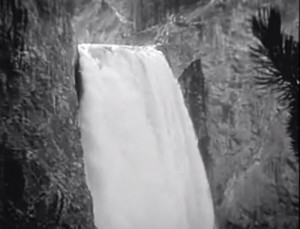
"An eight week Western camping trip in the summer of 1936 by seven boys from the Hartford, Connecticut area, under the leadership of Ken Strong, a Hartford Seminary graduate. Filmed by then teenage amateur movie maker Robbins Barstow (1919-2010)." Center for Home Movies.
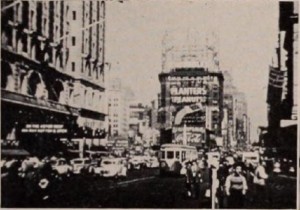
"Harley H. Bixler, a technician, has been inspired with the might of America, and he has interpreted it according to his lights. In Cavalcade of America, taking our entire country as his canvas, he has painted in, with striking chromatic images, the physical and industrial high lights of our heritage. Here are the sinews of strength, awaiting only the activating force of human endeavor to turn them to the path of power. Here are the mills and the mines, the oil and the electricity, the farms and the factories without equal in our modern world. Mr. Bixler interprets his fine pictorial document with a narrative that is usually vivid but sometimes matter of fact and accompanies the whole with recorded music. Cavalcade of America is a striking study of a tremendous subject." Movie Makers, Dec. 1940, 602.
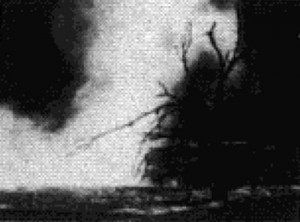
"About 1800 John Colter discovered the area now known as Yellowstone National Park, set apart by the United States government in 1872 for the enjoyment of the people. It has an area of 3,458 square miles, approximately 62x55 miles. Colter's Hell, as it was then known, is a national vacation land of thermal activity, wild life, and tourists. In forty-three minutes, the Lawlers take us to all of the important thermal and water activities and a tour thru some of the remote areas where the wild life may be found, including the grizzly. This film has many, many more vistas animals, and birds than the usual visitor would see. If one cannot visit the Park he should at least see the film" PSA Journal, Oct. 1962, 33.
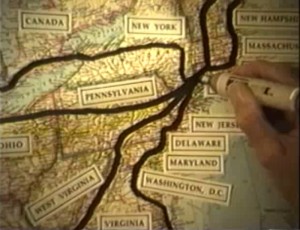
"During five summers from 1957 to 1961, the five-member Barstow family of Wethersfield, Connecticut, set out to visit all 48 of the then United States of America on a series of month-long camping trips. Part II showcases "America's Wonderlands" with 18 National Parks and other exciting attractions in the great Northwest and Southwest." Archive.org
"'Hot Water,' by Earl Cochran, S.A.C., of Colorado Springs, is 375 feet of 8mm. Kodachrome. The subject covers with considerable thoroughness a visit to the geysers. The photographer, although he has been making motion pictures but a year and a half, shows plenty of promise for even more work out of the ordinary when he gets better acquainted with problems of exposure and color. That is not said in any manner of derogation of the work that took the nod for the present subject." American Cinematographer, Jan. 1939, 17.
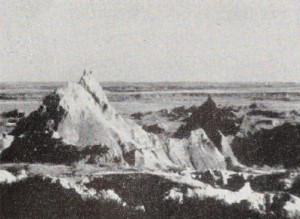
"Films about national parks and monuments fall into the traps of banality with greater ease than almost any other variety of footage. It was. therefore, with great delight that the judges reviewed Timothy and Delores Lawler's Isle of the Dead. For, using the famed Boecklin painting and the equally known Rachmaninoff music as theme and atmosphere, the Lawlers have produced a cinematic tone poem from the materials offered by Yellowstone and the Badlands. Their efforts completely dominate both music and painting, which become effective substrata of the esthetic whole. The film's great virtue and its slight defects spring from the same source — the single mood that the Lawlers have worked for and have achieved." Movie Makers, Dec. 1950, 464-465.
"'Jeep Trails Through Utah' was produced by Stan Midgley with the use of a jeep rather than his faithful bicycle. He had to leave his bicycle at home, as the deep sands of Utah can only be traveled in a jeep. In his mechanical horse he criss-crossed one of the emptiest blanks on the American map. He leaves the traveled highways and goes back into the little known areas to find fantastically beautiful and unusual natural formations. He travels over sand-blown desert trails, up rocky mountain paths and through treacherous mountain gorges to produce a gem-like picture of Utah." La Canada Valley Sun, Sept. 9, 1971.
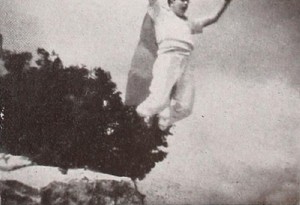
"Donald H. Kelly has cast a comic strip character in Superman Goes West, integrating travel sequences and comedy with great success. While the magnificent cinematographic record of a Western trip is the most engaging factor of the film, the entertainment value of the Superman motif cannot be minimized. The fictional hero is shown to be the consuming interest of a small boy passenger on the trip. The lad proceeds to read Superman comics under varying conditions, despite a changing background of allegedly awe inspiring scenery. One dream sequence with a Superman flavor is a triumph of trick cinematography." Movie Makers, Dec. 1943, 478.
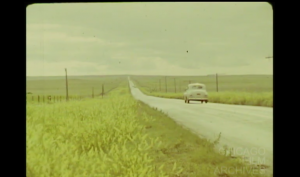
"Edited footage of western scenery on a road trip to Yellowstone Park. Includes scenes of camping and numerous landscapes, Mount Rushmore and the various grounds of Yellowstone with their hot springs and geysers." Chicago Film Archives
Total Pages: 2